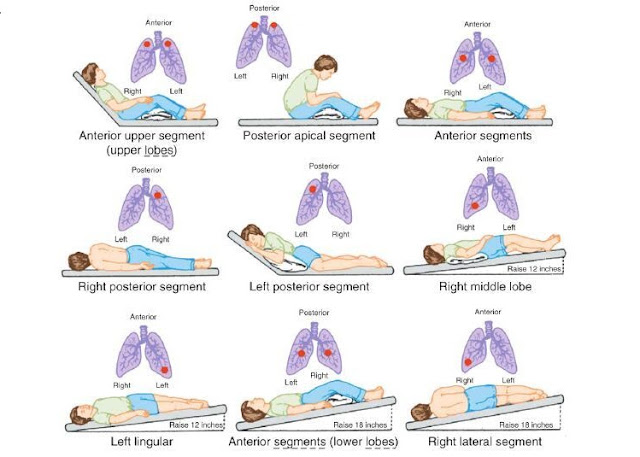Did heart failure got the best of you?
Heart Failure:
Heart Failure is a disability where the
heart is unable to pump the required blood supply to the body, disrupting all
the major functions the body carries out. The disability can either be the heart’s
inability to pump blood or the stiffening of muscles which effectively reduces
the flow of blood. Heart failure can affect either side or the whole heart and
can last longer or a short term condition.
An individual is diagnosed to have heart
failure when they exhibit the following symptoms:
·
Excessive
fatigue
·
Sudden
weight gain
·
Appetite
loss
·
Persistent
coughs
·
Irregular
pulse
·
Heart
palpitations
·
Abdominal
swelling
·
Shortness
of breath
·
Leg
and ankle swelling
·
Protruding
neck veins
Coronary
Artery Disease
(CAD) is the major factor behind the failure of heart. Other diseases and
disorders such as
·
Congenital
heart defects
·
Heart
attacks
·
Heart
valve diseases
· Arrhythmia
·
High
blood pressure
·
Diabetes
·
Overactive
or under-active thyroid
·
HIV
·
AIDS
· Anemia
·
Chemotherapy
·
Drug
or alcohol overuse
Can
also be the causative factors of heart failure.
Men are more prone to heart failure when
compared to women. African descents are the most affected race in the case of
heart failures.
People don’t need to have fear of death
or have to undergo a surgery for heart failures as Cardiac Rehabilitation can
help overcome these fears.
Cardiac Rehabilitation:
Cardiac rehabilitation is a collective
term used to refer the exercises, trainings and educational programs and
counselling one should undergo to live a heart-healthy life. Cardiac
rehabilitation reduced the need for medicines and drugs to treat heart
diseases. A typical cardiac
rehabilitation team consists of
·
Doctors
·
Nurses
·
Exercise
specialists
·
Physical
and occupational therapists
· Dietitians or nutritionists
·
Mental
health specialists
This team looks after your progress
through the program and devises the necessary plans needed to speed up the
recovery process.
Pre-treatment and treatment procedures:
Cardiac rehab programs can usually take
up to 3 months for a complete recovery. Before the start of the program, the
rehab team will go through your medical history and certain tests such as EKG,
blood cholesterol level test; blood glucose level tests are performed. The
treatment procedure involves light exercises such as walking, cycling,
swimming, etc., and also prepares a diet plan to keep your heart healthy.
Special treatments are given to overcome the stress and depression a patient
experiences after a heart failure.
The benefits one gets from a cardiac
rehabilitation program are ability to perform day to day activities, reduce
heart disease risk factors, improve life quality, improve mental and emotional
stability, and increase the ability to manage your disease.




Comments
Post a Comment